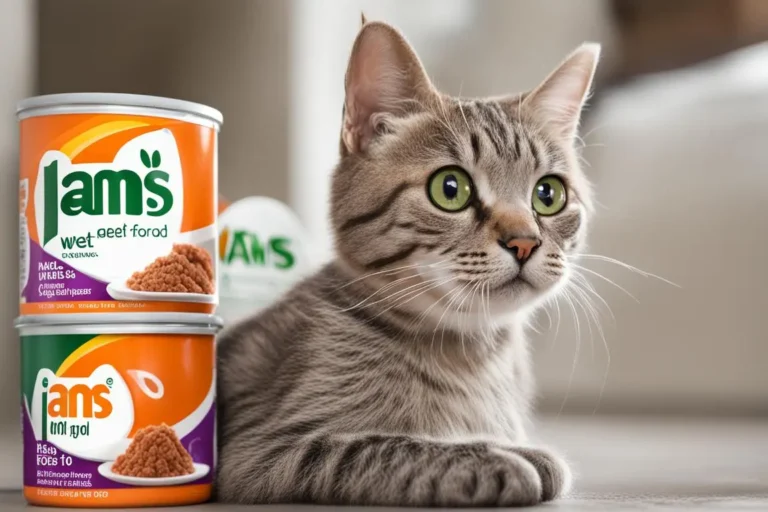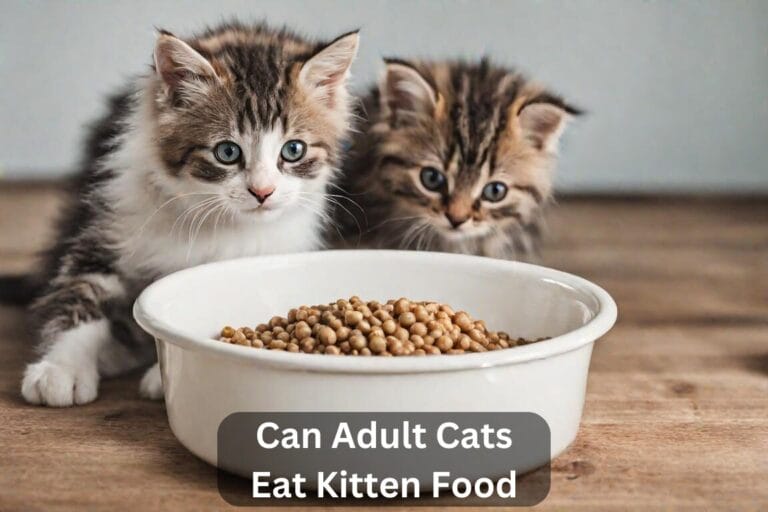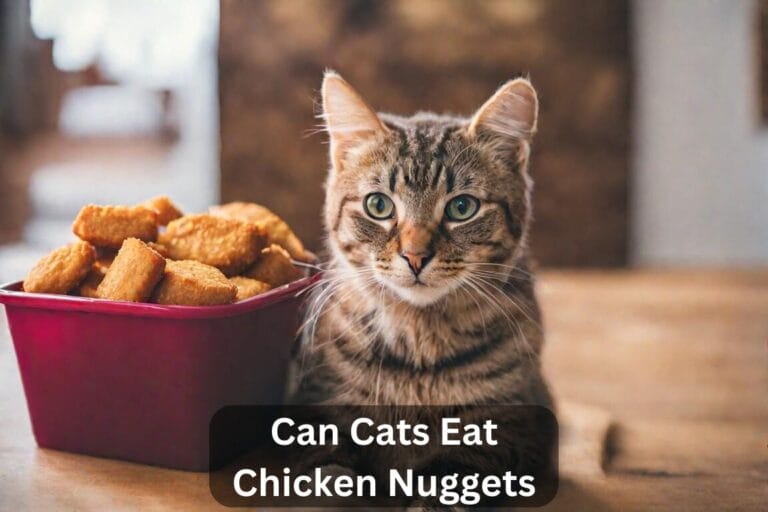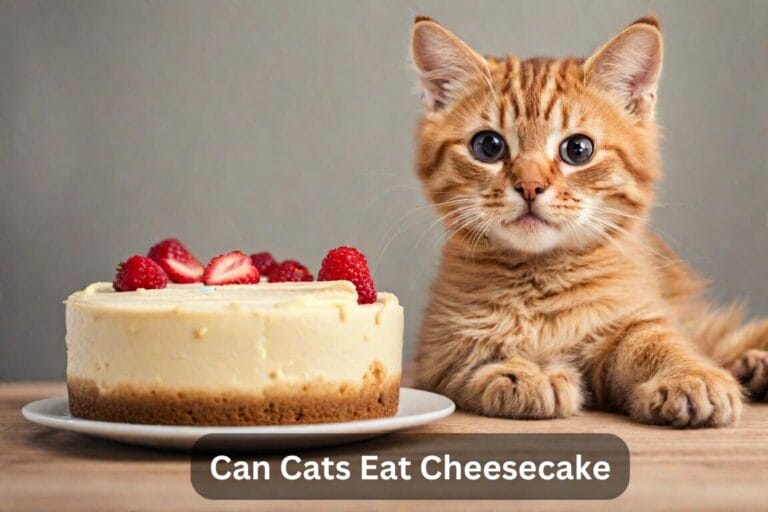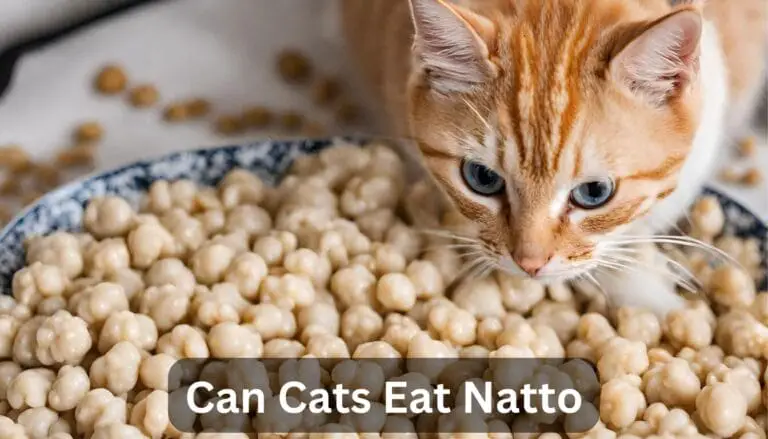Why Is My Cat So Picky About Wet Food? The Complete Guide
If you’re a cat owner, you’ve likely wondered at least once, “Why Is My Cat So Picky About Wet Food?” It can be puzzling – and somewhat frustrating – when your cat turns up its nose at meal times.
As pet lovers ourselves, we understand your concern and curiosity. Why are cats particularly selective when it comes to their food? What can we do to encourage healthier eating habits?
This blog post will study wet food and cats and explore some relative questions about cats. So, hold a cup of tea, and let’s get started.
Why Is My Cat So Picky About Wet Food?
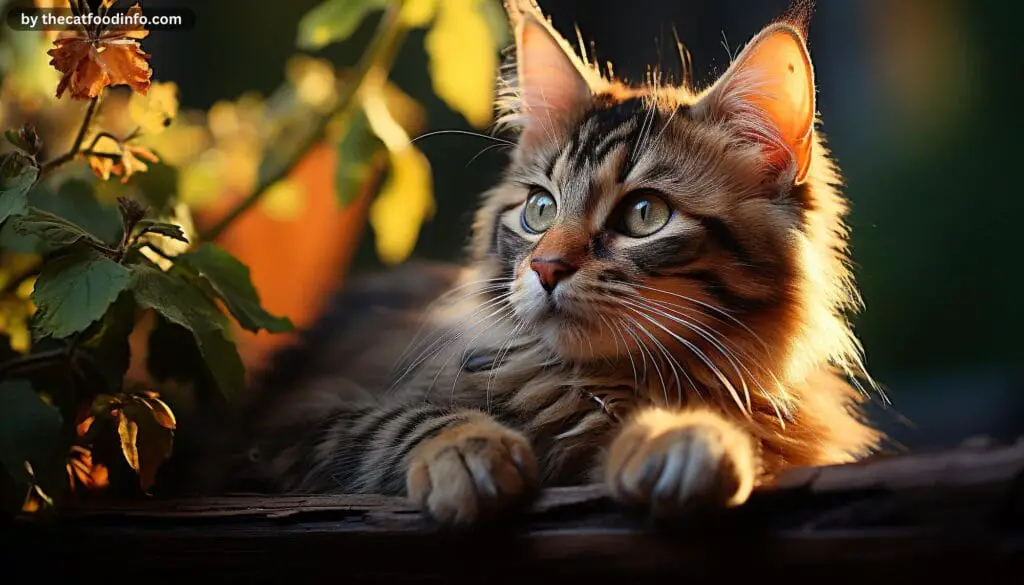
Biological Factors
Cats are obligate carnivores, meaning their bodies are designed to consume and digest animal protein. So, if your cat’s wet food doesn’t contain enough protein or a lot of fillers, this could be why your cat is so picky.
Sensory Preferences
Cats can be very particular about their food’s texture, temperature, and smell. They might refuse if the wet food doesn’t meet their sensory preferences.
Health Issues
Health issues can also contribute to a cat’s picky eating. Dental problems, digestive issues, or other underlying health conditions might cause your cat to reject their food.
Negative Associations
Cats can develop negative associations with certain types of food. If they’ve had a bad experience with a particular wet food, such as feeling ill after eating it, they might avoid it.
Changes in Routine
Cats are creatures of habit. Any changes in their feeding routine, such as a new feeding time or location, might lead to fussiness over wet food.
How Long Can a Picky Cat Go Without Eating?
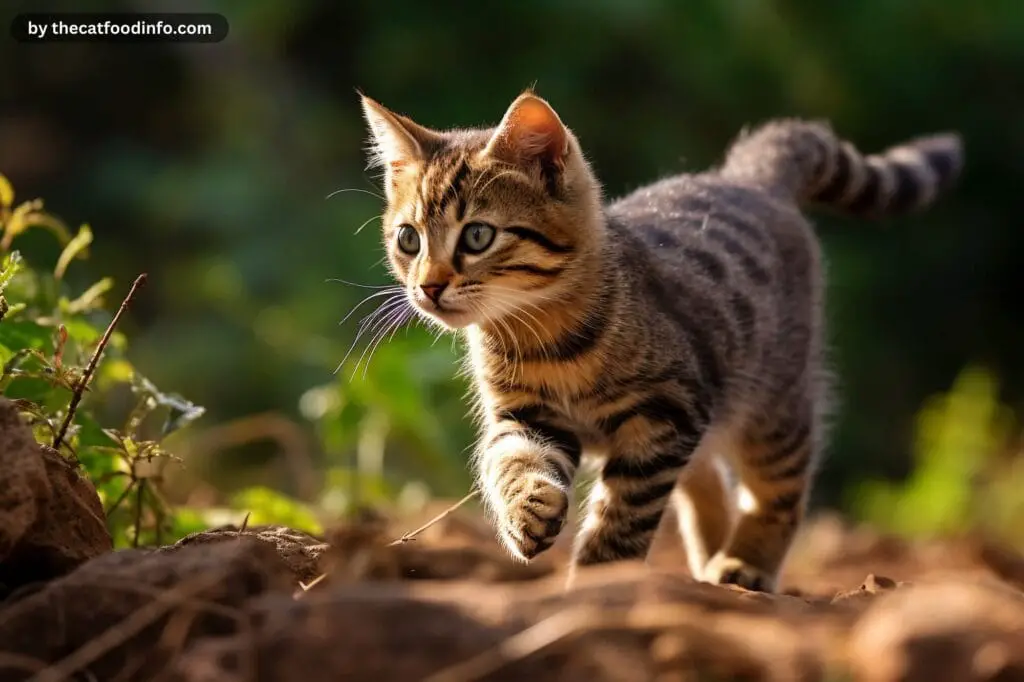
Kittens
Kittens are often more diverse in their eating habits, but that doesn’t mean they can go long without food. A kitten should only go with food for a few hours, especially one still nursing or recently weaned. Their little bodies are increasing and need consistent nutrition to develop properly. If your kitten refuses to eat, it is a serious issue that needs immediate veterinary attention.
Adult Cats
Adult cats typically have a more stable metabolism than kittens, but they shouldn’t go without food for too long. An adult cat can survive up to 14 hours without eating, but this is not ideal. If your adult cat hasn’t eaten in more than 24 hours, it could be a sign of an underlying health issue, and you should consult with a veterinarian.
Senior Cats
Senior cats over seven years old have different nutritional needs and are more prone to health issues. They should only go with food for 12 hours. A loss of appetite in senior cats could indicate serious health problems like kidney disease or diabetes. It’s essential to monitor their eating habits closely and consult a vet if they refuse to eat for more than a day.
How Do You Deal With a Picky Eater Kitten?
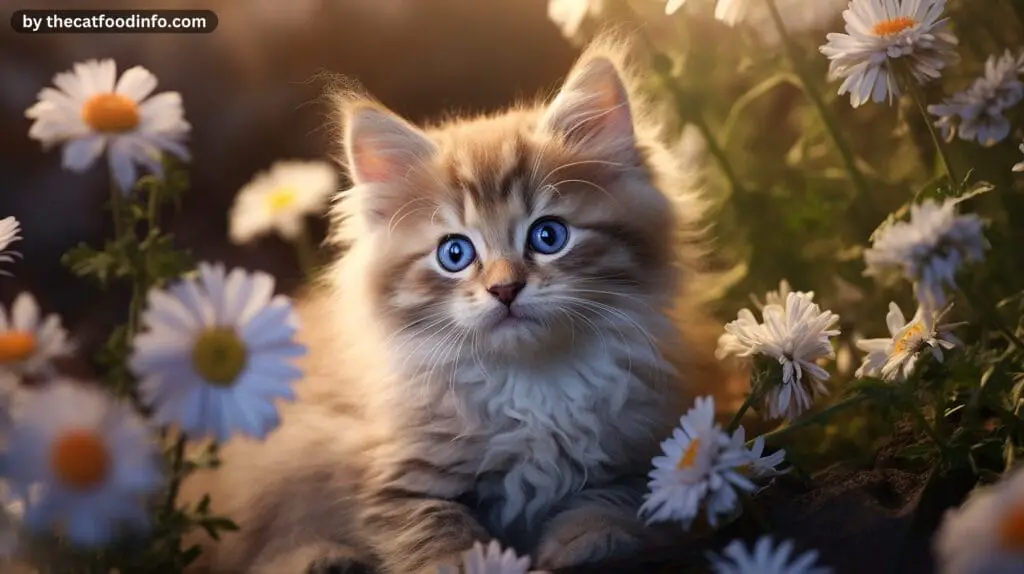
Dealing with a picky eater kitten can be a challenging task. Here are some strategies to encourage your kitten to eat:
Offer Variety
Introduce different types of wet food to your kitten to determine their preferences. Start by offering small amounts of different flavors and textures to see which ones they prefer.
Make Food More Appealing
You can heat the wet food slightly to enhance its aroma and make it more appealing to your kitten. Ensure the food is not too hot to avoid burning your kitten’s mouth.
Feed Them in a Quiet Place
Kittens can get easily distracted. Feeding them in a quiet, calm environment can help them focus on food.
Stick to a Feeding Schedule
Consistency is critical when dealing with a picky eater. Establish a regular feeding schedule and stick to it. This will help your kitten understand when it’s time to eat.
Gradual Changes
If you want to introduce new food to your kitten, do it gradually. Start by mixing a small amount of the fresh food with their old food, gradually increasing the proportion of the new food over a week.
Consult a Vet
If your kitten continues to be a picky eater despite your best efforts, consulting with a veterinarian is essential. They can rule out any underlying health issues that might be causing your kitten’s particular eating habits. They can also provide personalized advice based on your kitten’s specific needs.
Patience and persistence are critical when dealing with a picky eater kitten. It may take time for them to adjust to new foods, but with the right approach, you can help them develop healthy eating habits.
How Can I Make My Cat Food More Appealing?
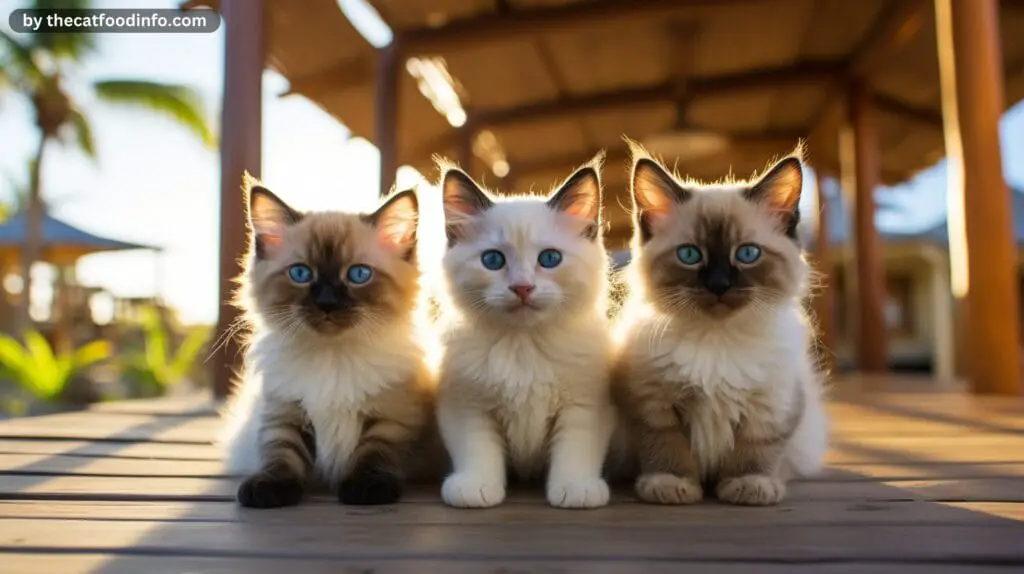
Making cat food more appealing is all about understanding your cat’s preferences and using different strategies to stimulate their appetite. Here are some tips to help you make your cat’s food more enticing:
Change the Temperature of the Food
Cats are attracted to food that is at or just above room temperature. This is because warmer food is more aromatic and closer to the temperature of the prey that cats would eat in the wild. Warm your slightly wet food slightly before serving it. Mix it well and test it yourself to ensure it’s not too hot.
Try Different Textures
Just like humans, cats have their texture preferences regarding food. Some cats prefer chunky food, while others might like pate-style food. Try offering different textures to see what your cat likes.
Rotate Flavors
Cats can get bored with the same flavor every day. Try rotating between different flavors to keep your cat’s interest in their food.
Add a Topping
Topping the food with a little bit of something your cat loves can make it more delicious. This could be a sprinkle of catnip, grated cheese, or tuna flakes.
Serve Small Portions Frequently
Cats are small hunters programmed to eat small meals throughout the day. Keeping the portions small and feeding your cat multiple times daily can make the food more appealing.
Keep the Food Fresh
Cats are susceptible to the freshness of their food. Ensure the food is always fresh, and discard any leftovers after 20 minutes.
Consult with Your Vet
If your cat continues showing no interest in their food, you should consult a vet. They can rule out any underlying health issues affecting your cat’s appetite and suggest specific appetite stimulants or prescription diets for picky eaters.
Remember, it’s essential to be patient and not force your cat to eat. Making food more appealing should be about offering choices and making mealtime a positive experience. You can find a feeding routine that works for you and your cat with patience.
Does wet food upset a cat’s stomach?
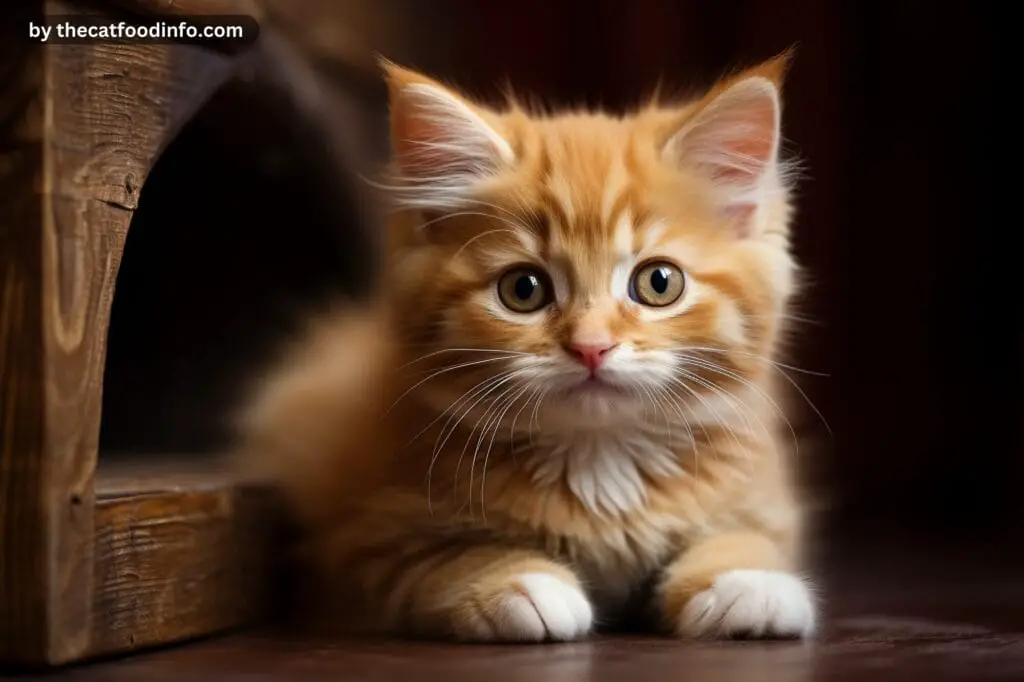
Understand Your Cat’s Dietary Needs
Like humans, cats have specific dietary needs, and what works for one cat may not work for another. It’s important to understand that wet food can provide essential hydration and is generally easier to digest. However, it can upset your cat’s stomach if they’re not used to it or if it needs to be introduced gradually.
Introduce Wet Food Gradually
If your cat has been eating dry food exclusively, their digestive system may need time to adjust to wet food. Start by introducing small amounts of wet food mixed with their regular dry food. You can gradually increase the wet food portion over several weeks.
Monitor Your Cat’s Reaction
Keep a close eye on your cat after introducing wet food to their diet. If you notice signs of upset stomach, such as vomiting, diarrhea, or loss of appetite, it might be due to the wet food. If these symptoms persist, it’s essential to consult with your vet.
Choose High-Quality Wet Food
Not all wet foods are created equal. Low-quality wet foods can contain fillers and artificial ingredients that can upset your cat’s stomach. Always choose high-quality damp food rich in protein and free from unnecessary fillers.
Consult Your Vet
If you’re considering switching your cat to a wet diet, it’s always a good idea to consult your vet. They can provide personalized advice based on your cat’s age, health condition, and nutritional needs.
Conclusion
In conclusion, nurturing a picky-eating kitten or cat requires understanding, patience, and the right strategies. Making sure the food is at an appealing temperature, providing various textures, and rotating flavors can all contribute to a more enticing mealtime for your feline friend.
Introducing new foods gradually and maintaining a feeding schedule can help develop healthy eating habits. It’s also crucial to remember that the freshness of the food impacts your cat’s interest in it.
However, any persistent feeding issues should prompt a consultation with a vet to rule out potential health problems. Switching to a wet diet can offer nutritional benefits and hydration, but it must be done cautiously to avoid upsetting your cat’s stomach.
Always opt for high-quality wet food to ensure your cat gets the essential nutrients without the harmful fillers. Ultimately, every cat is unique, and finding the perfect feeding routine may take some time, but with patience and perseverance, it is entirely achievable.


